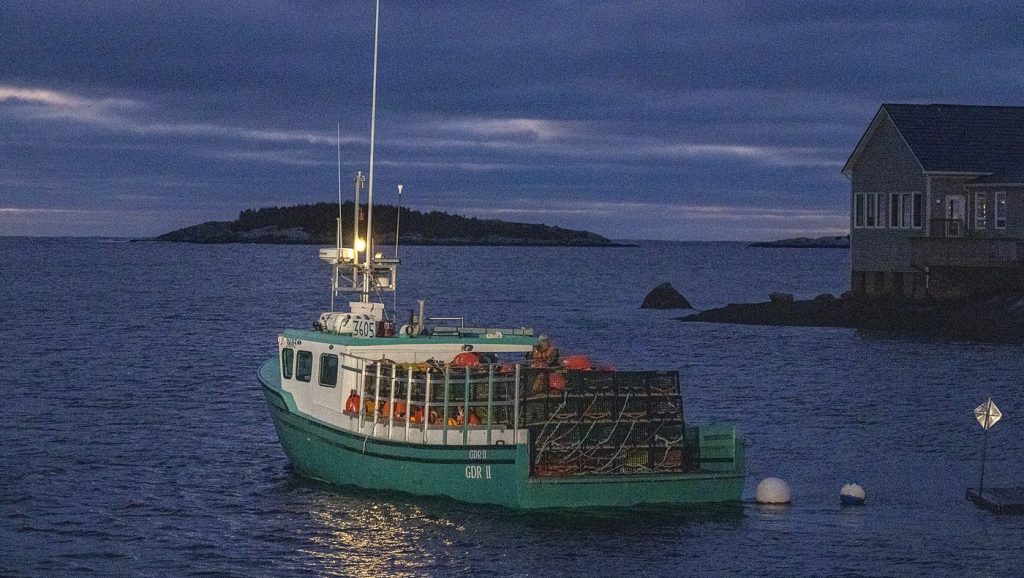HALIFAX – The Nova Scotia government is taking significant measures to address the persistent issue of illegal seafood purchasing and processing by launching a dedicated enforcement unit. This initiative was announced by Fisheries Minister Kent Smith, who outlined the unit's purpose and focus areas in a recent news release.
The newly established enforcement unit will consist of four inspectors whose primary responsibility will be to monitor wharfs and seafood facilities that are known hotspots for illegal activities. However, details regarding the operational timeline for when the unit will commence its activities remain unspecified, leaving the timeline for implementation unclear.
The need for such enforcement is underscored by alarming statistics indicating that up to 30 percent of lobster caught annually in the Atlantic region goes unreported. This unregulated fishing activity translates to an estimated $400 million in illicit sales, highlighting the scale and financial impact of these illegal operations on the seafood industry.
In recent years, law enforcement efforts, including those by the Royal Canadian Mounted Police (RCMP), have led to the laying of dozens of charges related to illegal fishing activities. Notably, there have been alarming incidents involving gunshots fired into residential homes, which illustrate the violent nature of some disputes related to illegal fishing.
The situation has prompted Fisheries and Oceans Canada to take action; between June and October, its officers in Nova Scotia reported seizing 1,529 lobster traps and six fishing boats. Additionally, they successfully released over 28,000 live lobsters back into the ocean, contributing to the conservation of marine resources affected by illegal fishing practices.
The establishment of the enforcement unit represents a strategic effort by the Nova Scotia government to tackle the challenges posed by illegal seafood markets and to protect legitimate fishery operations. As this initiative unfolds, there is a collective hope that it will lead to a more regulated and responsible fishing industry in the region.











